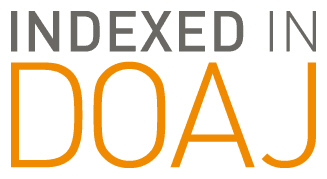Abstract
Over the past decades, the public school enterprise has been saturated with a myriad of social, political and academic ills. Problems such as reductions in state and federal funding, double digit percent student drop-outs, misidentification of students with learning disabilities, insufficient development of language skills in limited or non-English speaking students, shortage of highly qualified classroom teachers, unsafe schools, and students lacking college readiness are a few barriers to a student’s success in school. Perhaps the most disturbing of these issues, however, is the high percentage of students from low income households who are not meeting academic standards on statewide assessments. According to the Southern Education Foundation (2015), approximately 51% of all students attending American public schools live in poverty. Research suggests that a large number of these students are ethnic minorities (De Fraga & Oliveira, 2010). Inasmuch, as these nuisances weigh heavily upon our educational system, it is a widely held belief that parental involvement is a reliable predictor of a student’s academic success in school.
Recommended Citation
Milstead, Michael D.; Walters, Nicole; and Poats, Lillian
(2018)
"The Predictability Between Demographic and Institutional Variables of Texas High School Principals and Their Attitudes Towards Parental Involvement,"
School Leadership Review: Vol. 13:
Iss.
2, Article 4.
Available at:
https://scholarworks.sfasu.edu/slr/vol13/iss2/4
Included in
Educational Administration and Supervision Commons, Educational Leadership Commons, Secondary Education Commons
Tell us how this article helped you.


